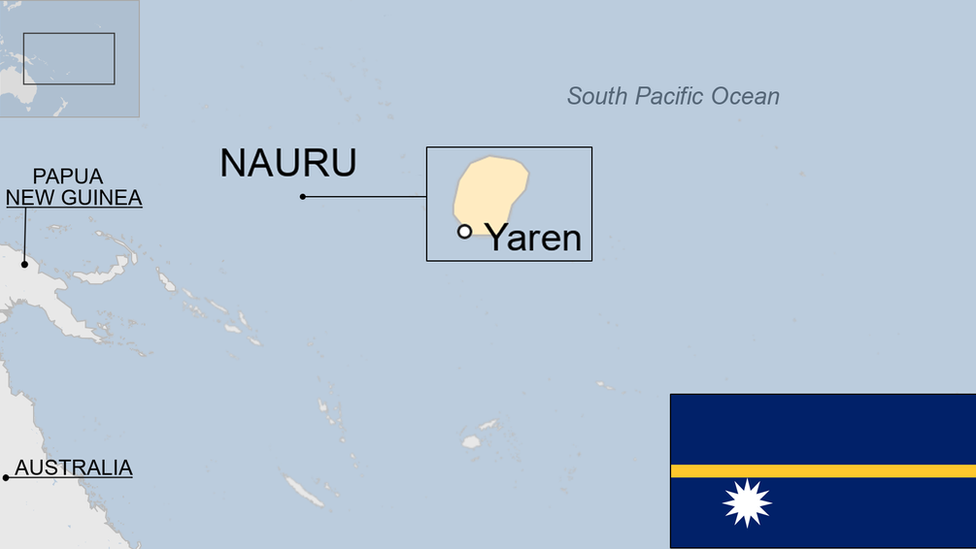
Nauru’s main businesses
Nauru, a small island nation in the Pacific Ocean, has a unique economic profile shaped by its geographical characteristics, natural resources, and history. Below is an overview of Nauru’s main businesses and economic activities:
1. Phosphate Mining
Phosphate mining has historically been the backbone of Nauru’s economy. Rich deposits of high-grade phosphate were discovered in the early 20th century, making the country one of the wealthiest per capita nations in the 1970s. However, overexploitation led to environmental degradation and a significant decline in phosphate reserves. Despite this, phosphate mining still contributes to Nauru’s economy, with remaining deposits being mined at a smaller scale.
2. Fishing and Fisheries
Surrounded by the Pacific Ocean, Nauru has access to rich marine resources. The country benefits from selling fishing rights to foreign nations, which generates a substantial portion of its revenue. Tuna fishing, in particular, is a key economic activity, facilitated by Nauru’s membership in regional organizations like the Parties to the Nauru Agreement (PNA).
3. Offshore Banking and Financial Services
In the 1990s, Nauru became a hub for offshore banking, attracting international businesses with its low taxes and minimal regulatory oversight. However, this sector faced scrutiny for facilitating money laundering and financial crimes. Subsequent reforms led to stricter regulations, limiting the growth of this industry.
4. Hosting Regional Processing Centers
A controversial yet significant source of income for Nauru is hosting offshore processing centers for asylum seekers under agreements with countries like Australia. This arrangement provides jobs and generates revenue through infrastructure development and service provision.
5. Government and Public Services
Due to its small population and limited private sector, a large portion of Nauru’s workforce is employed in government and public services. These include education, healthcare, and administration. Aid and financial assistance from countries like Australia and regional organizations support these sectors.
6. Small-Scale Agriculture
Agriculture in Nauru is limited by poor soil quality resulting from phosphate mining. However, small-scale farming and gardening are practiced for subsistence, with crops like bananas, pandanus, and breadfruit. Efforts to improve food security include promoting community gardening and hydroponic farming.
7. Retail and Local Businesses
The local economy includes small-scale retail businesses, such as grocery stores, markets, and convenience shops. Imports dominate the market due to the lack of local production, and most goods are brought in from Australia, New Zealand, and nearby Pacific nations.
8. Tourism
Tourism is a nascent industry in Nauru, hindered by its remote location and limited infrastructure. However, the government is exploring eco-tourism opportunities, focusing on diving, fishing, and the unique cultural and historical aspects of the island.
9. Renewable Energy Initiatives
Nauru is investing in renewable energy projects, particularly solar power, to reduce dependence on imported diesel fuel. These initiatives are part of broader efforts to promote sustainability and combat the effects of climate change.
Challenges and Opportunities
Nauru’s economy faces significant challenges, including environmental degradation, limited natural resources, and reliance on external aid. Diversification remains a priority, with initiatives focusing on sustainable development, improving infrastructure, and enhancing human capital through education and training.
In conclusion, Nauru’s main businesses revolve around phosphate mining, fisheries, government services, and small-scale retail. The country is striving to overcome its challenges by exploring new economic opportunities and promoting sustainable practices.



Leave a Reply